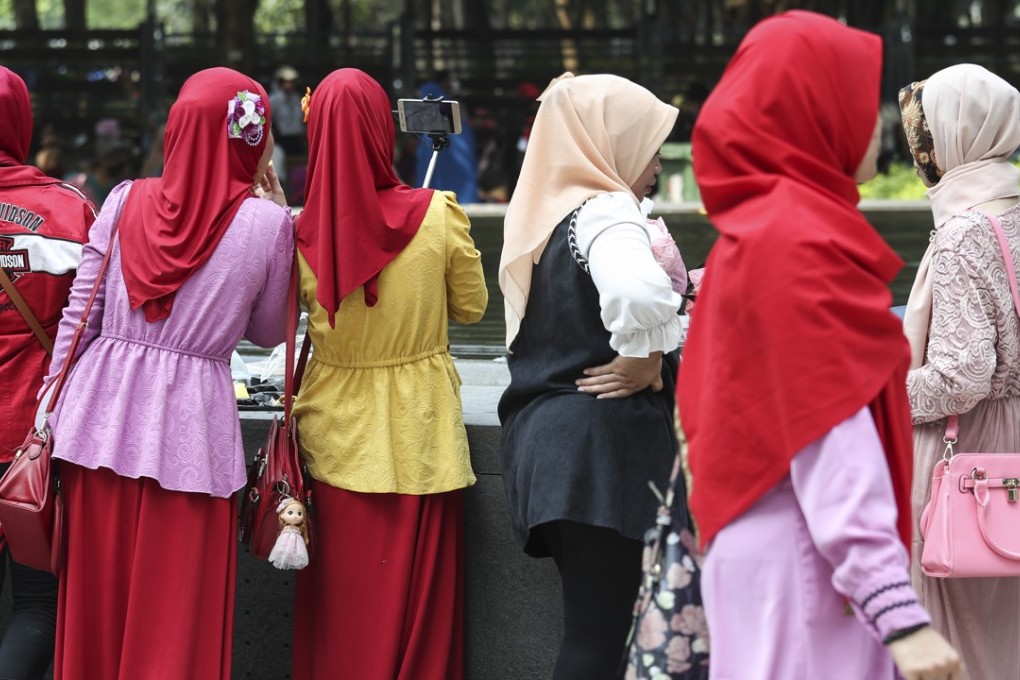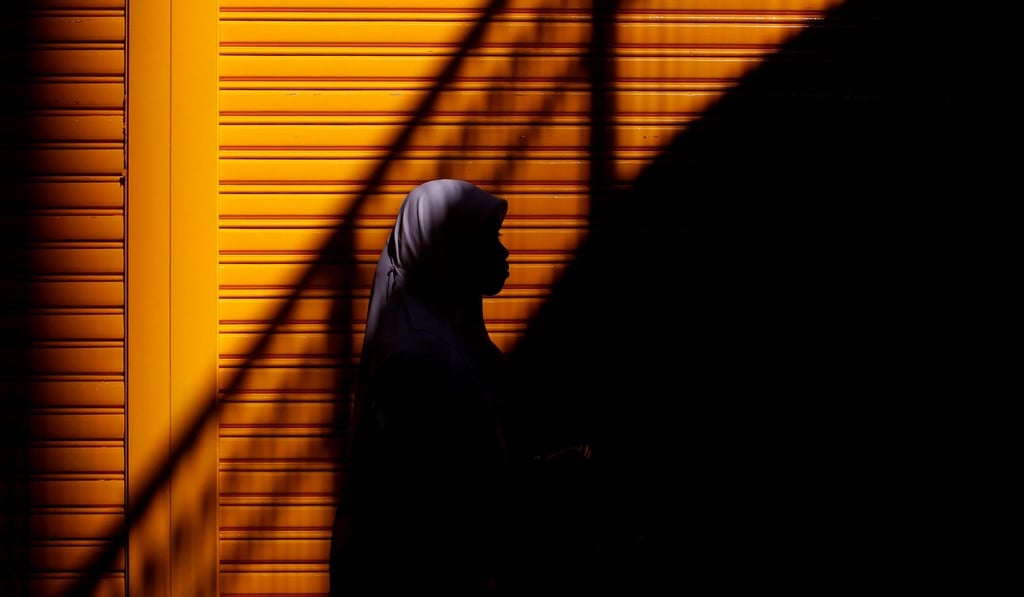What turns a Hong Kong maid towards Islamic State?
Foreign domestic workers in cities like Hong Kong and Singapore are seen as rich pickings by terror group’s recruiters – loneliness, naivety and exploitation can leave them vulnerable

Hery Ramawati, 32, from Indonesia is walking with a friend in Victoria Park, Hong Kong, looking for some shade where they can sit and share a meal. Many of the city’s 156,000 Indonesian domestic helpers come here on Sundays to enjoy what is, for most, their only day off.
Hery and her friend both wear jeans, trainers and a hijab – a headscarf that covers the head and neck, but not the face nor the rest of the body. Ramawati’s hijab is pink, matching her lipstick.
“I think there is something wrong with them. God doesn’t want us to do such things. The Muslim religion is about peace, not war.”
Ramawati, who worked in Singapore from 2003 to 2006 before moving to Hong Kong, lamented terrorist attacks in her home country and violence in the Philippines, where fighting between government forces and militants linked to IS in Marawi, Mindanao, has claimed more than 500 lives. She finds it hard to understand why a domestic helper like her would join the jihadist group.
“Maybe because they are alone, and end up meeting boyfriends online,” said Ramawati, who like many others lives apart from her family – her husband and two-year-old son remain in Indonesia.
